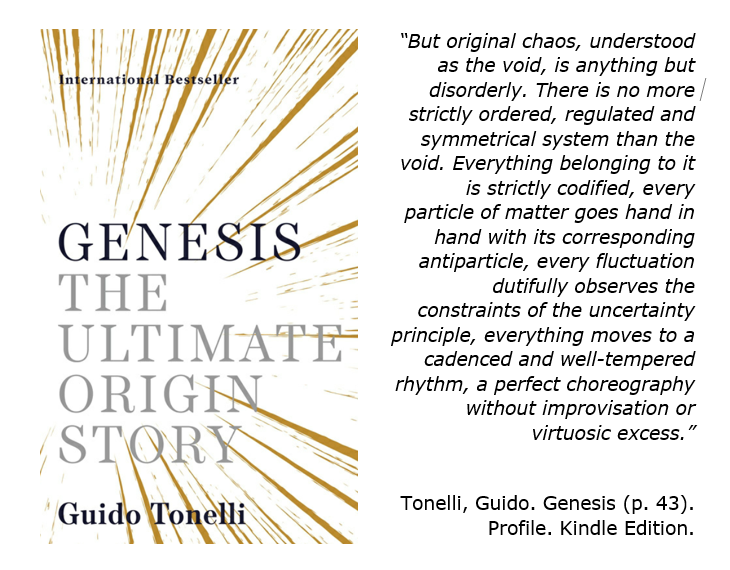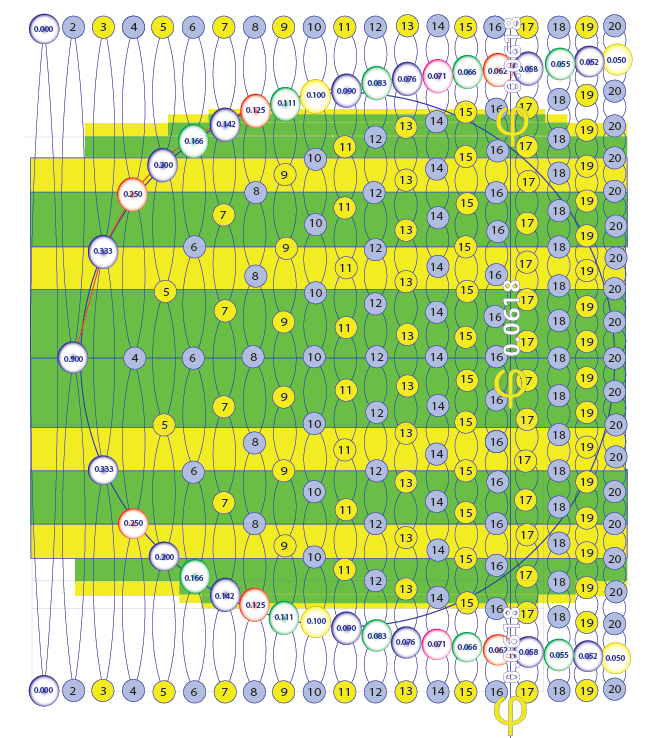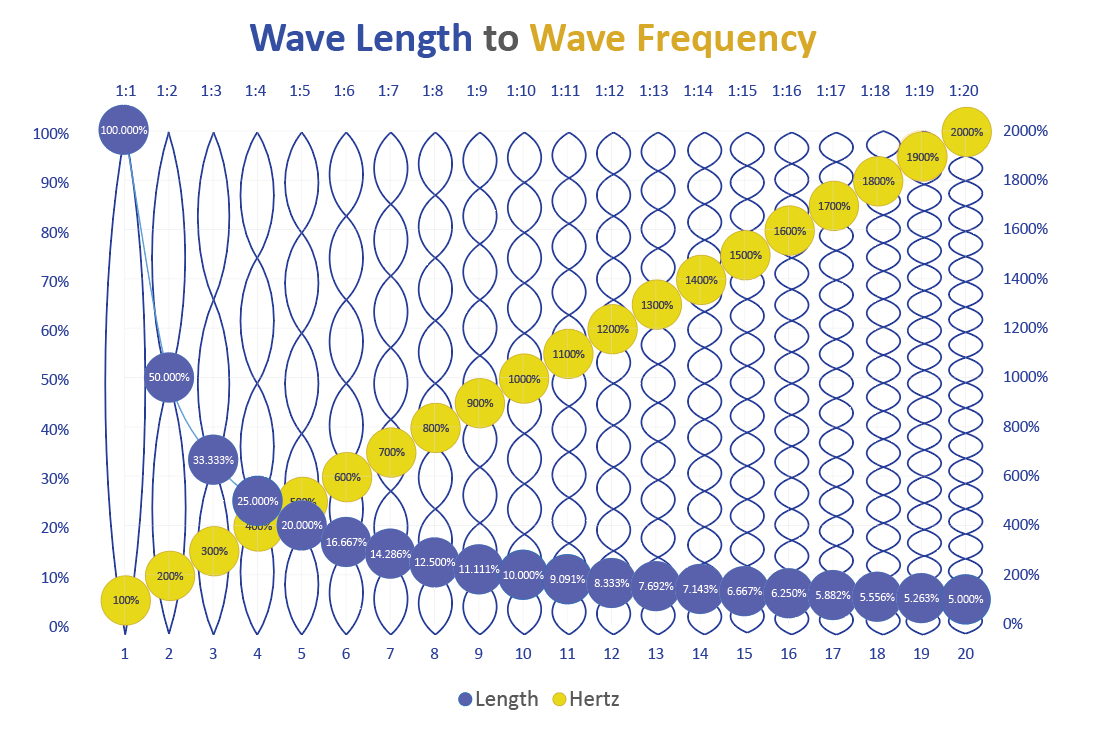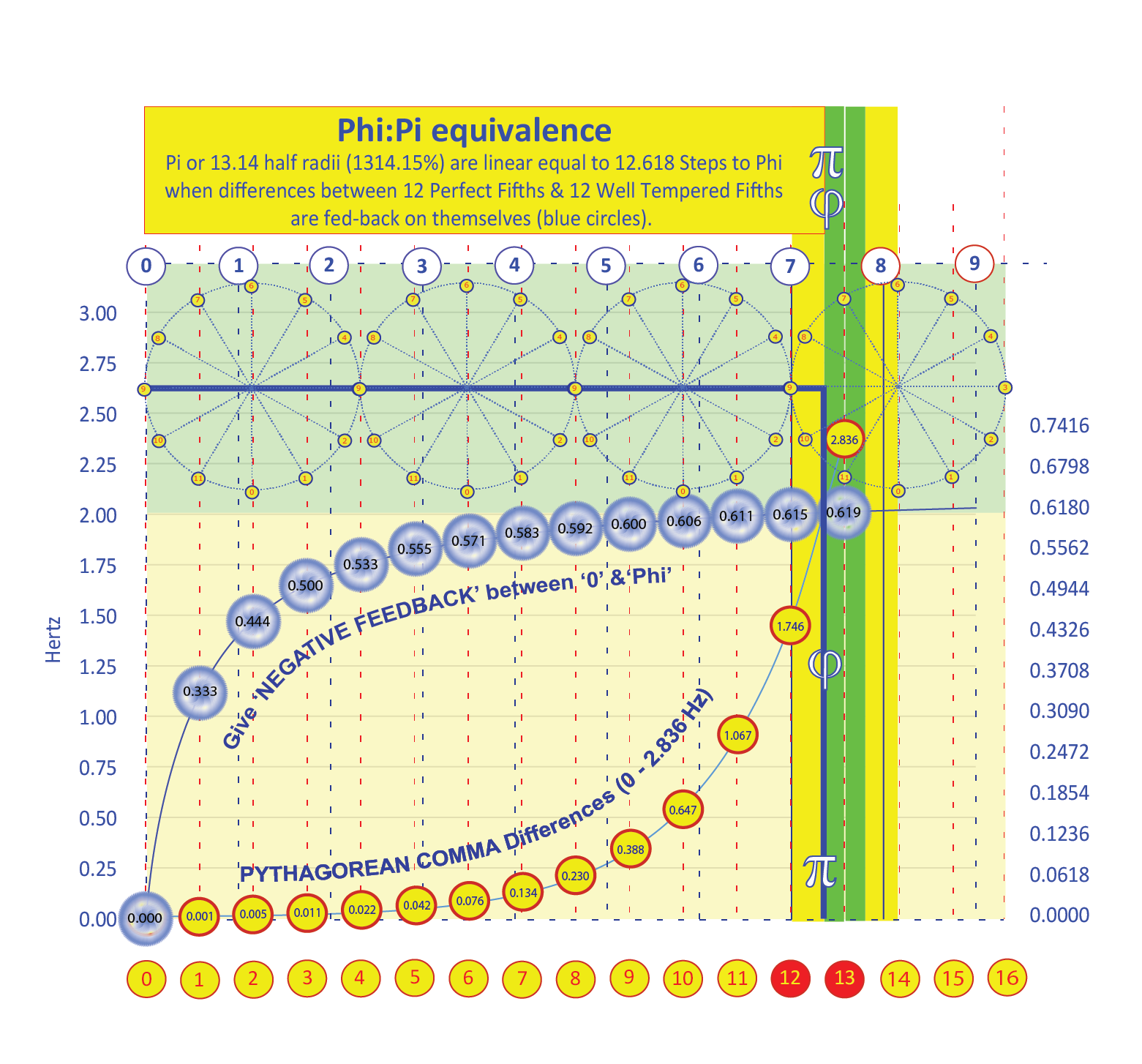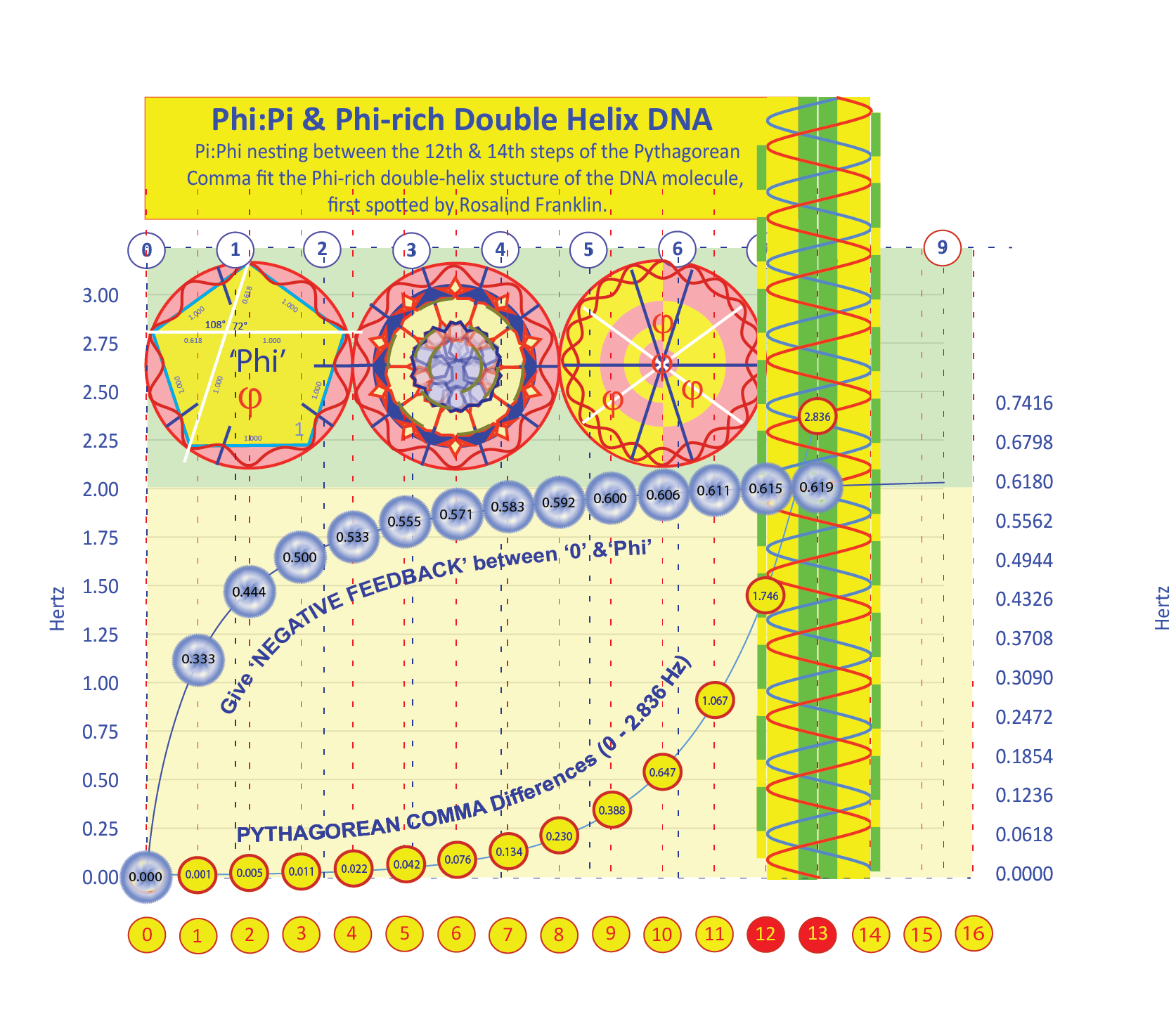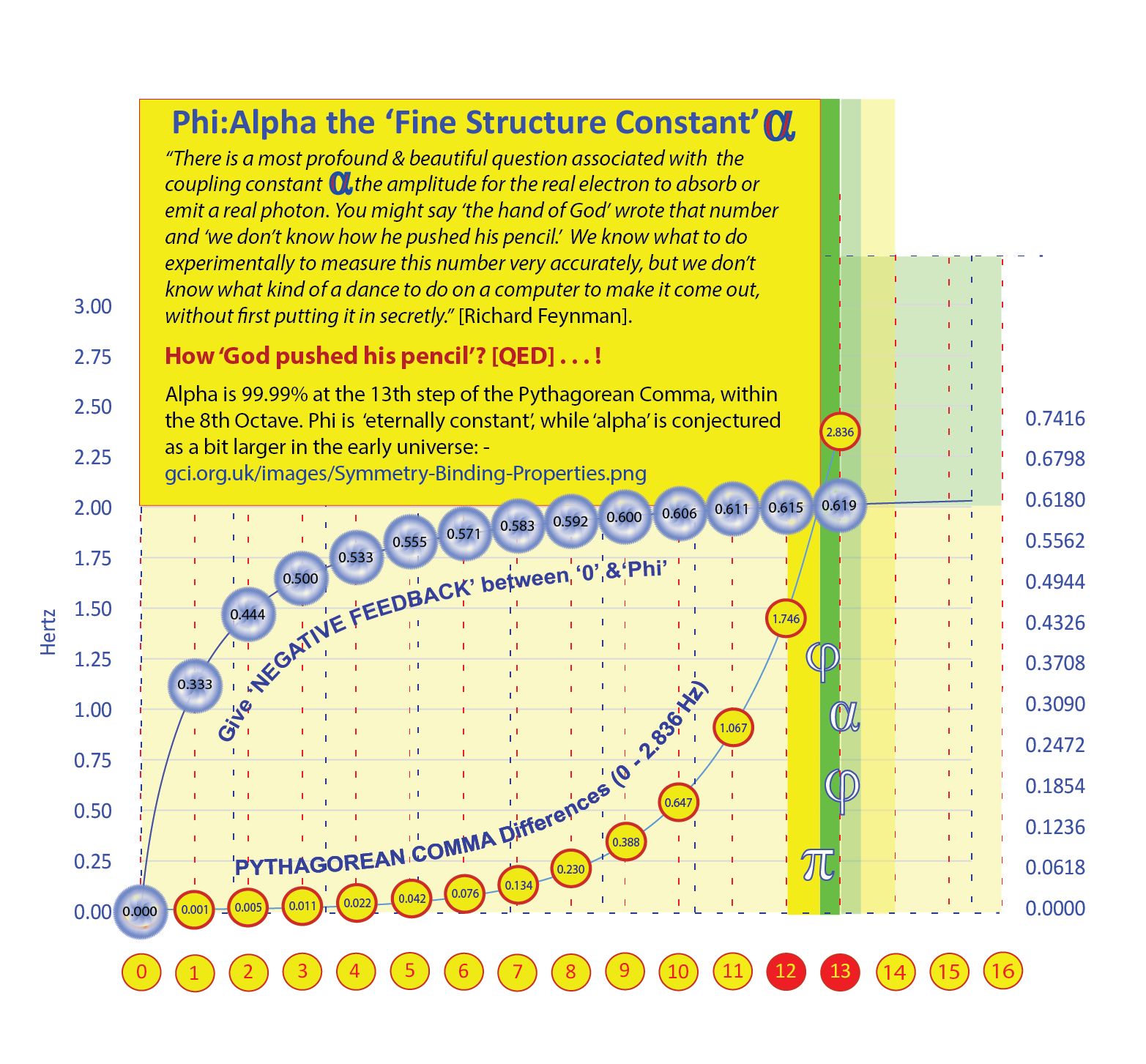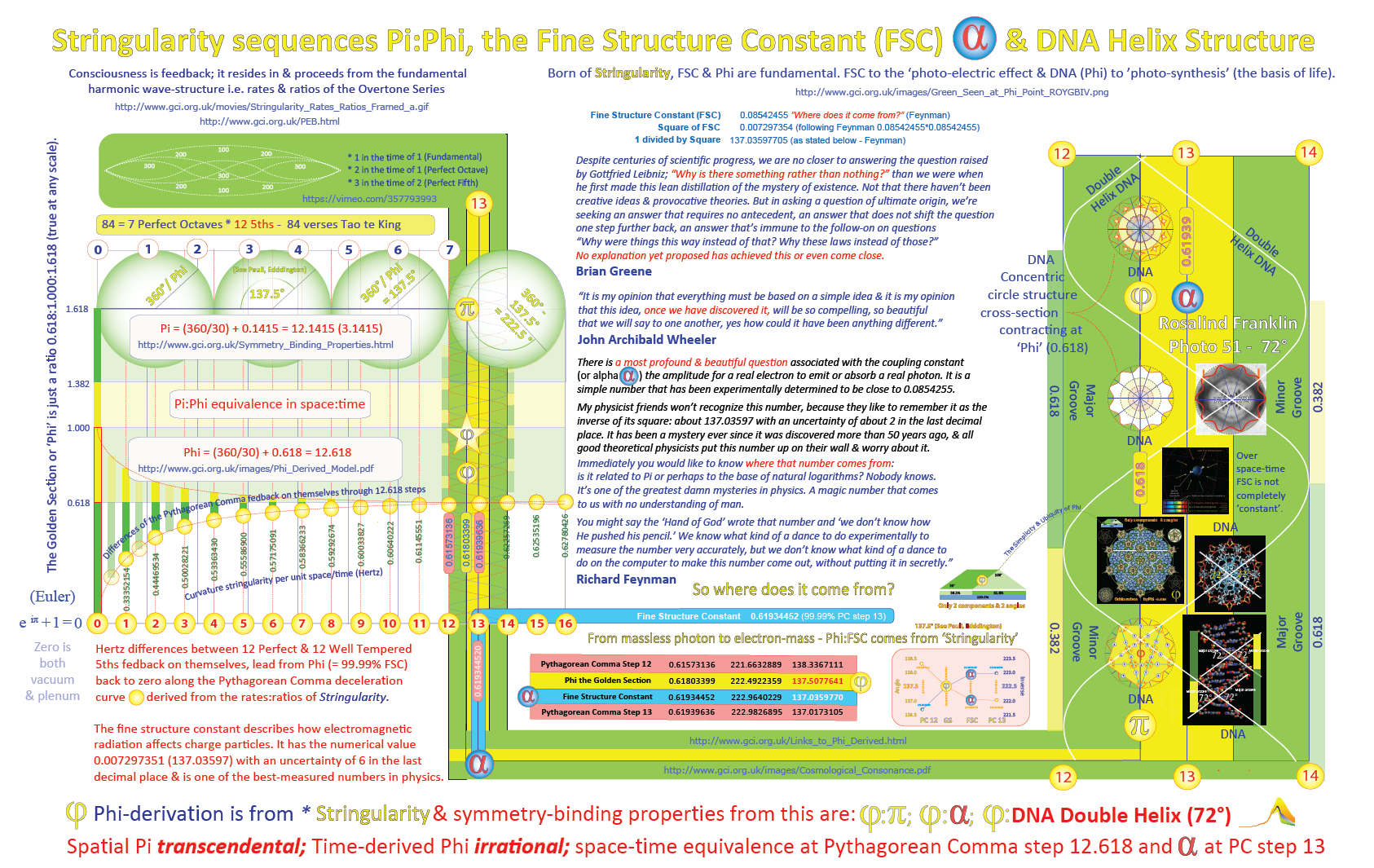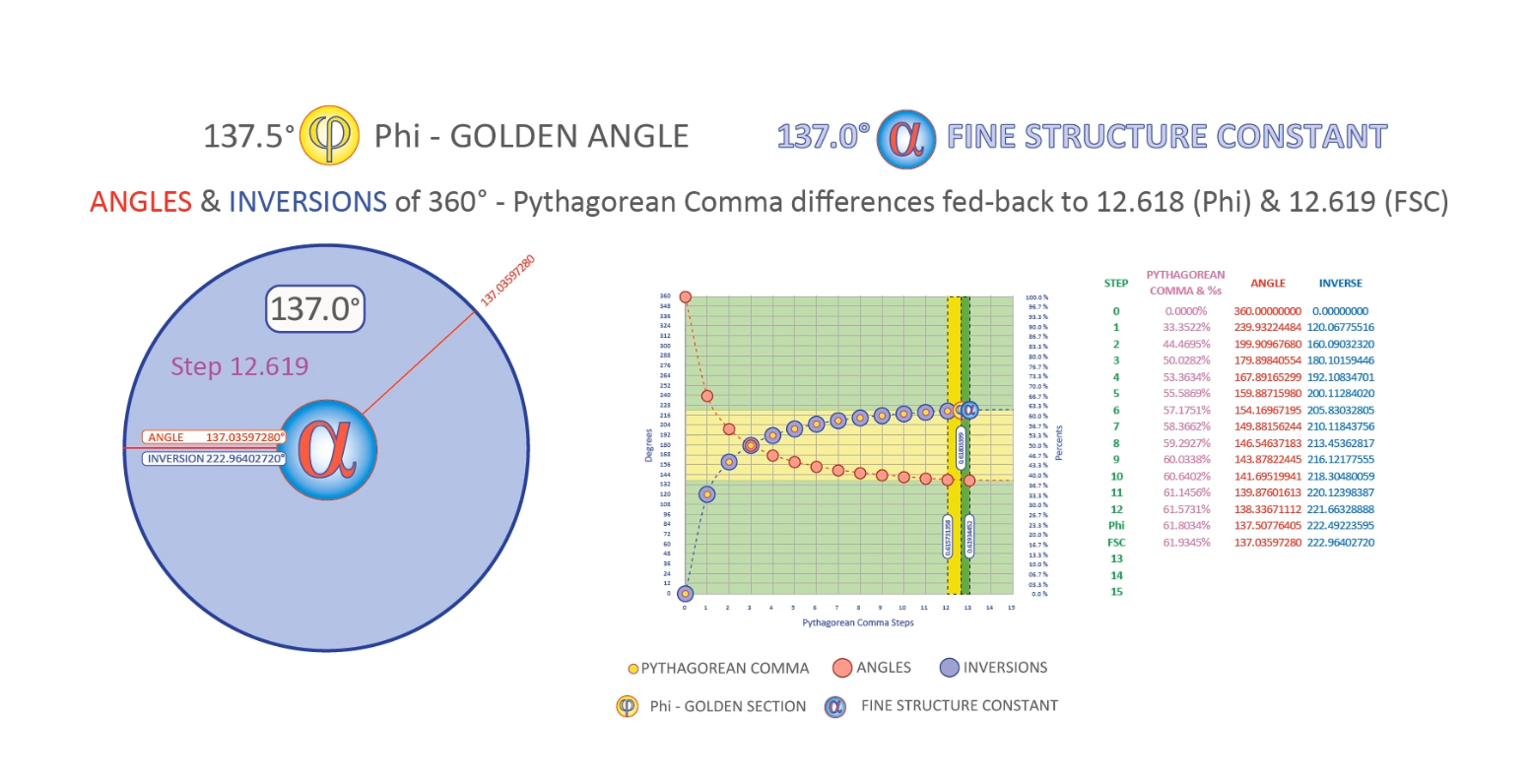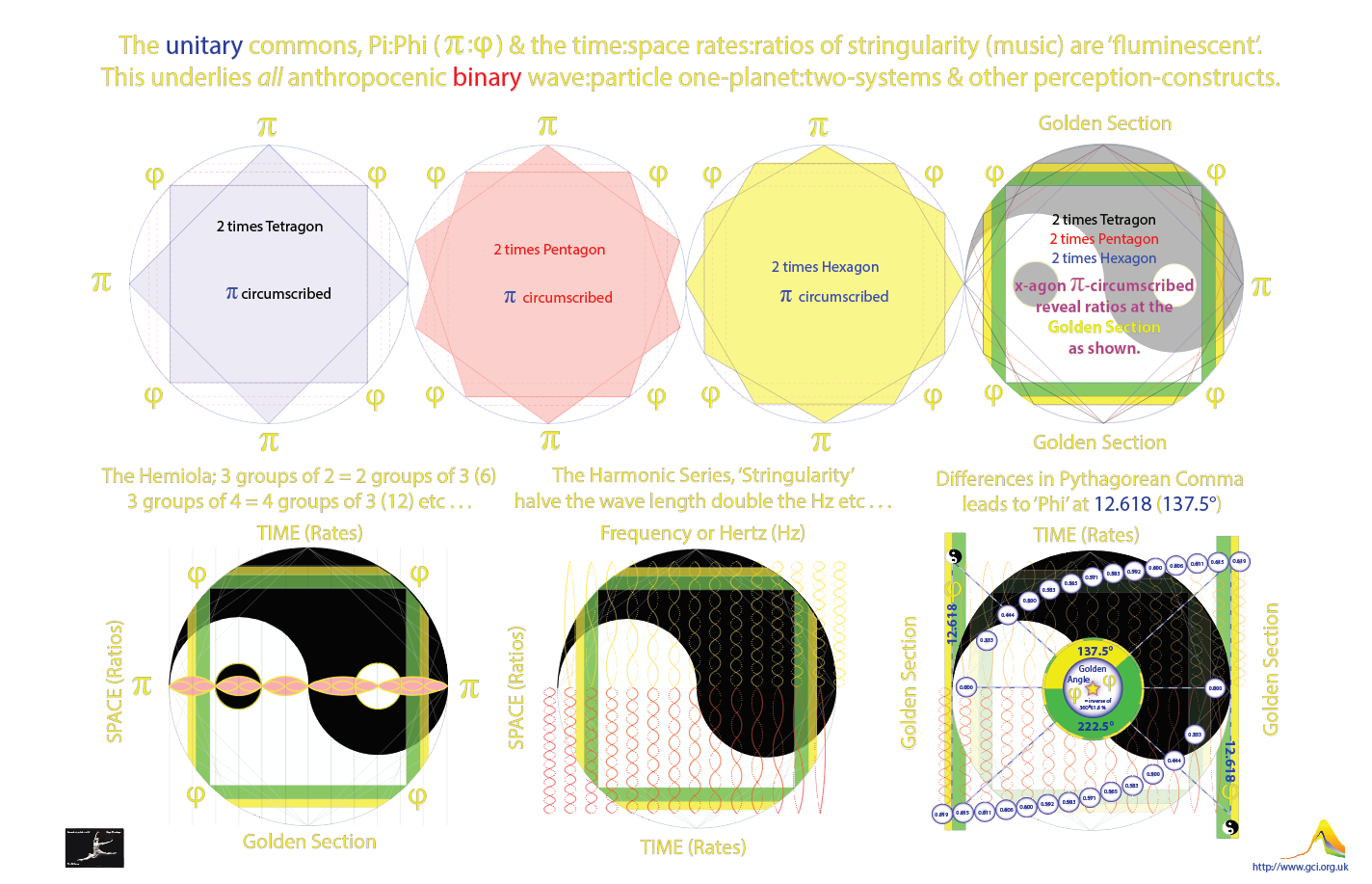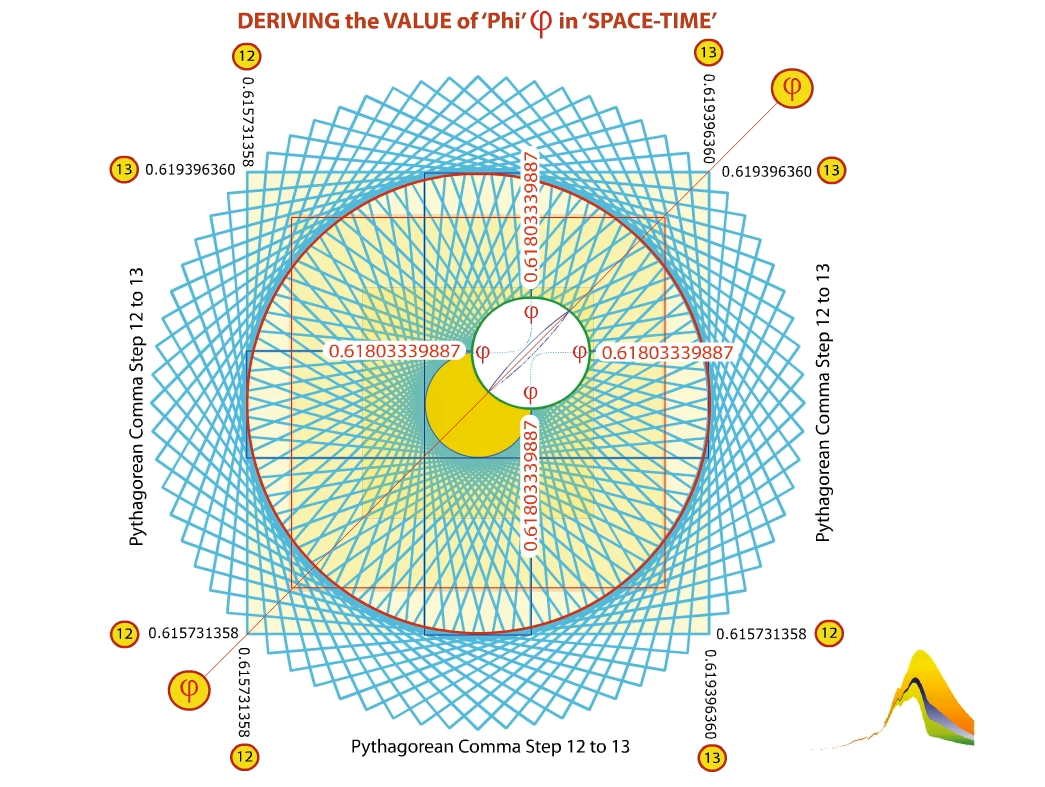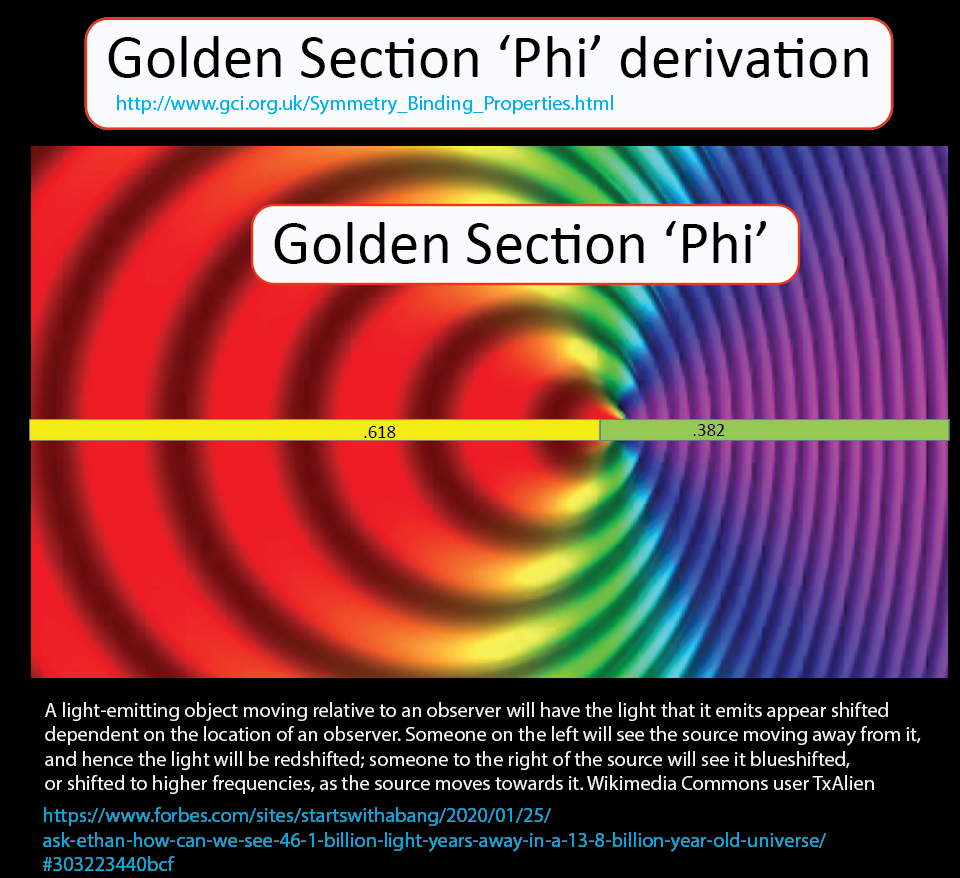CHERRY ON THE CAKE.
Guido Tonelli said (English translation Genesis p. 43).
“But original chaos, understood as the void, is anything but disorderly.
There is no more strictly ordered, regulated and symmetrical system than the void.
Everything belonging to it is strictly codified, every particle of matter goes hand in hand with its corresponding antiparticle,
every fluctuation dutifully observes the constraints of the uncertainty principle, everything moves to a cadenced and well-tempered rhythm,
a perfect choreography without improvisation or virtuosic excess.”
Guido Tonelli said (Original Italian Genesi p. 43).
"Ma il caos iniziale, inteso come vuoto, è tutt’altro che disordine.
Non c’è sistema più rigidamente ordinato, regolato e simmetrico del vuoto.
Tutto in esso è strettamente codificato, ogni particella materiale va a braccetto con la corrispondente antiparticella,
ogni fluttuazione osserva disciplinatamente i vincoli del principio di indeterminazione, tutto si muove seguendo un ritmo cadenzato e ben temperato,
una coreografia perfetta, senza improvvisazioni né virtuosismi."
*******************************************In 'Until the End of Time - Brian Greene Asks the Key Question . . .
"Despite centuries of scientific progress, we are no closer to answering the question raised by Gottfried Leibniz than we
were when he first made this lean distillation of the mystery of existence,“Why is there something rather than nothing?”
In asking a question of ultimate origin, we’re seeking an answer that requires no antecedent, an answer that does not shift the
question one step further back, an answer that’s immune to the follow-on questions, “Why were things this way instead of that?
Why these laws instead of those?” No explanation yet proposed has achieved this or even come close."
Gottfried Leibniz said
"The pleasure we obtain from music comes from counting, but counting unconsciously.
Music is nothing but unconscious arithmetic."
Physics and Music
Albert Einstein was famously devoted to his violin; Max Planck, Werner Heisenberg, and Edward Teller were serious pianists.
Is there some intrinsic connection between physics and music?
The devotion of these physicists to music seems more than mere diversion,
or escape from the demands of scientific research, or being a Kulturträger, a “bearer of culture.”
Their knowledge, ability, and respect for music and musicians is marked by sincerity, depth, and genuine passion.
On one occasion, after playing Beethoven’s last piano sonata (op. 111) at a party, Heisenberg stood up and told the spellbound audience,
“If I had never lived, someone else would probably have formulated the uncertainty principle. If Beethoven had never lived, no one would have written op. 111.”*******************************************
Admiral Nimitz's musician & Code Breaker Roger Hare said
"Musicians are marvelous puzzle solvers for one reason: they not only must know their part, they have to know how it
fits into the composition as a whole."
Albert Einstein said . . .
"The basic laws of the universe are simple, but because our senses are limited, we can’t grasp them. There is a pattern in creation.
If I were not a physicist, I would probably be a musician. I often think in music. I live my daydreams in music."
“It is thus implied that measure is a form of insight into the essence of everything, and that man’s perception, following
on ways indicated by such insight, will be clear and will thus bring about generally orderly action and harmonious living.
In this connection, it is useful to call to mind Ancient Greek notions of measure in music and in the visual arts.
These notions emphasized that a grasp of measure was a key to the understanding of harmony in music
(e.g., measure as rhythm, right proportion in intensity of sound, right proportion in tonality, etc.).
Likewise, in the visual arts, right measure was seen as essential to overall harmony and beauty (e.g., consider the ‘Golden Mean’;
(often referred to as ‘Phi’). All of this indicates how far the notion of measure went beyond that of comparison with an external standard,
to point to a universal sort of inner ratio or proportion, perceived both through the senses and through the mind.
Of course, as time went on, this notion of measure gradually began to change, to lose its subtlety and to become relatively gross and mechanical.
Probably this was because man’s notion of measure became more and more routinized and habitual, both with regard to its outward display in
measurements relative to an external unit and to its inner significance as universal ratio relevant to physical health, social order, and mental harmony.
Men began to learn such notions of measure mechanically, by fragmentation and wholeness conforming to the teachings of their elders or their
masters, and not creatively through an inner feeling and understanding of the deeper meaning of the ratio or proportion which they were learning.
So measure gradually came to be taught as a sort of rule that was to be imposed from outside on the human being, who in turn imposed the corresponding
measure physically, socially and mentally, in every context in which he was working. As a result, the prevailing notions of measure were no longer seen as forms of insight.
Rather, they appeared to be ‘absolute truths about reality as it is’, which men seemed always to have known, and whose origin was often explained
mythologically as binding injunctions of the Gods, which it would be both dangerous and wicked to question.
Thought about measure thus tended to fall mainly into the domain of unconscious habit and, as a result, the forms induced in perception by this thought were
now seen as directly observed objective realities, which were essentially independent of how they were thought about. Even by the time of the Ancient Greeks,
this process had gone a long way and, as men realized this, they began to question the notion of measure. ~
Thus Protagoras said: ‘Man is the measure of all things’, thus emphasizing that measure is not a reality external to man, existing independently of him.
But many who were in the habit of looking at everything externally also applied this way of looking to what Protagoras said. Thus, they concluded
that measure was something arbitrary, and subject to the capricious choice or taste of each individual.
In this way they of course overlooked the fact that measure is a form of insight that has to fit the overall reality in which man lives,
as demonstrated by the clarity of perception and harmony of action to which it leads.
Such insight can arise properly only when a man works with seriousness and honesty,
putting truth and factuality first, rather than his own whims or desires.”
In "A Beautiful Question" Frank Wilcek says . . .
The classical science of Newton and Maxwell brought new themes into our meditation that seem to conflict with the earlier visions and intuitions of Pythagoras and Plato,
from which we began. But in the quantum world of atoms, a strange world that also happens to be our own, a miracle occurs.
Old ideas come back to life, wearing splendid new forms. In their resurrected forms those ideas attain new levels of precision, truth, and, surprisingly, musicality.
Here is how the new embraces the old: From the heart of matter, music: There is no logical reason to expect that the mathematics developed to understand music
should have anything to do with atomic physics. Yet the same concepts and equations turn out to govern both domains.
Atoms are musical instruments, and the light they emit makes their tones visible.In "Something Deeply Hidden", Sean Carroll says . . .
"Consider a string with its ends held fixed, such as on a guitar or violin.
Even though any one point can move up or down as it likes, the overall behavior of the string is constrained by being tied down at either end.
As a result, the string only vibrates at certain special wavelengths, or combinations thereof; that’s why the strings on musical instruments emit
clear notes rather than an indistinct noise. These special vibrations are called the modes of the string.
The essentially “quantum” nature of the subatomic world, in this picture, comes about not because reality is actually subdivided into
distinct chunks but because there are natural vibrational modes for the waves out of which physical systems are made.
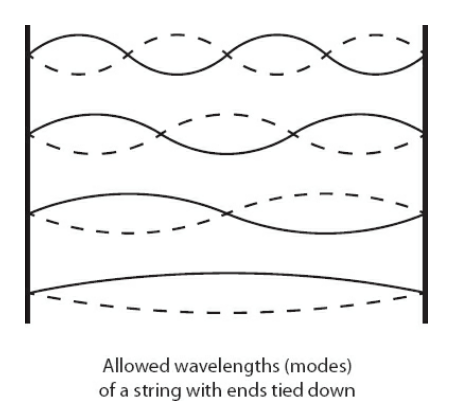
The word 'quantum' referring to some definite amount of stuff, can give the impression that quantum mechanics
describes a world that is fundamentally discrete and pixelated, like when you zoom in closely on a computer monitor or TV screen.
It’s actually the opposite; quantum mechanics describes the world as a smooth wave function. But in the right circumstances, where
individual parts of the wave function are tied down in a certain way, the wave takes the form of a combination of distinct vibrational modes.
When we observe such a system, we see those discrete possibilities.
That’s true for orbits of electrons, and it will also explain why quantum fields look like sets of individual particles. In quantum mechanics,
the world is fundamentally wavy; its apparent quantum discreteness comes from the particular way those waves are able to vibrate."
In "The God Equation" Michio Kaku, says
"If we had a microscope powerful enough, we could see that electrons, quarks, neutrinos, etc. are nothing but vibrations on minuscule loops
resembling rubber bands. If we pluck the rubber band enough times and in different ways, we eventually create all the known
subatomic particles in the universe.
This means that all the laws of physics can be reduced to the harmonies of these strings. Chemistry is the melodies one can play on them.
The universe is a symphony. And the mind of God, which Einstein eloquently wrote about, is cosmic music resonating throughout space-time."
In "The Character of Physical Law" Richard Feynman says
“So I have often made the hypothesis that ultimately physics will not require a mathematical statement, that in the end the machinery
will be revealed, and the laws will turn out to be simple, like the chequer board with all its apparent complexities.”
John Archibald Wheeler says
”It is my opinion that everything must be based on a simple idea and it is my opinion that this idea, once we have finally discovered it,
will be so compelling, so beautiful, that we will say to one another, yes, how could it have been any different.”
Prediction . . . .
All this leads to and in my opinion confirms the cosmological consonance of stringularity.
The prediction of stringularity is simply that any sub-atomic particles searched for through
hadron-collision, are positioned and are or will yet be discovered within Pi:Phi field shown here.Touch image and Zoom for detail
Pi:Phi integration मोगणित्तवृणत्तणनयोध
This chart below unites Pi & Phi in space-time. In the instance below the derivation of the Phi-Curve is
from well-tempering 12 Perfect 5ths. Still generally unnoticed, the fit shown here is remarkably precise.
The integration chart here will be audio-visually animated in due course. Click the image to enlarge it.
The Pi:Phi relationship is omnipotent & creates, defines and reveals time-space as shown.
WAVE LENGTH FREQUENCY INTERVAL
1.0000 1 Fundamental 0.5000 2 Octave (Perfect Doubling) 0.3333 3 Octave & a 5th (Perfect Trebling) 0.2500 4 Two Octaves 0.2000 5 Two Octaves & a Major 3rd 0.1666 6 Two Octaves & a 5th 0.1428 7 Two Octaves & a Minor 7th 0.1250 8 Three Octaves 0.1111 9 Three Octaves & a Major 2nd 0.1000 10 Three Octaves & a Major 3rd 0.0909 11 Three Octaves & a 4th 0.0833 12 Three Octaves & a 5th 0.0769 13 Three Octaves & a Major 6th 0.0714 14 Three Octaves & a Minor 7th 0.0666 15 Three Octaves & a Major 7th 0.0625 16 Four Octaves 0.0588 17 Four Octaves & a Diminished 2nd 0.0555 18 Four Octaves & a Major 2nd 0.0526 19 Four Octaves & a Minor 3rd 0.0500 20 Four Octaves & a Major 3rd
The organic growth curve to Phi - it starts at nothing (0.0) and curves to something (0.618)
Stringularity & the Golden Section are the deep complicity that creates & underlies everything
All musicians and particularly string players (e.g. Einstein) have for eons, innocently & gratefully depended on the harmonic
series structure of stringularity daily in practice and play. It is the basis of organic growth & nothing exists without it.
The rules are simple, certain and self-referentially 'stringular': -
1. When the frequency is doubled, the wave-length is halved (& vice-versa), etc - measurement in Hz . . .
2. Giving the Golden Section at 0.0%:61.8%:100%:1.618% - this proportionality never changes
3. Feeding back the difference curve in the Pythagorean Comma, always returns nought to Phi at step 12.618
The calculating spreadsheet for this model is down-loadable here
4. Which temporal measurement of nothing to something commutes exactly with the spatial measurement of Pi.
. . . it is Nature's smallest & most beautiful secret . . .
This is 'stringularity' and it is unchangingly true at any and at all scales (including h-bar).
Neither changing the scale nor the observers, changes the relational & self-referential structure.
Whatever else changes, this is unchanging, axiomatic, foundational, relational and (in a phrase) . . .
. . . you learn the violin as it doesn't learn you . . .
"Look deep into Nature & you'll understand everything better," said Einstein. As a violinist &
so as a string-player, he would have known by rote that the unification of space-time has to all
musicians & since time immemorial meant the sequence-structure of being in-time & in-tune.
Fun, yet fundamental. Prior to the observables:probabilities:granularities qua the relational uncertainties
of quantum physics (whether via Heisenberg or Schrodinger or Rovelli) a fundamental level of certainty
exists with the wave sequence structure & relations (rates:ratios) of stringularity (the overtone series),
unifying space-time from the go, regardless of whether humans observe it or even notice it or not.
Does this quantric Pi:Phi field come close to answering Brian Greene - who can say?
Choose Life
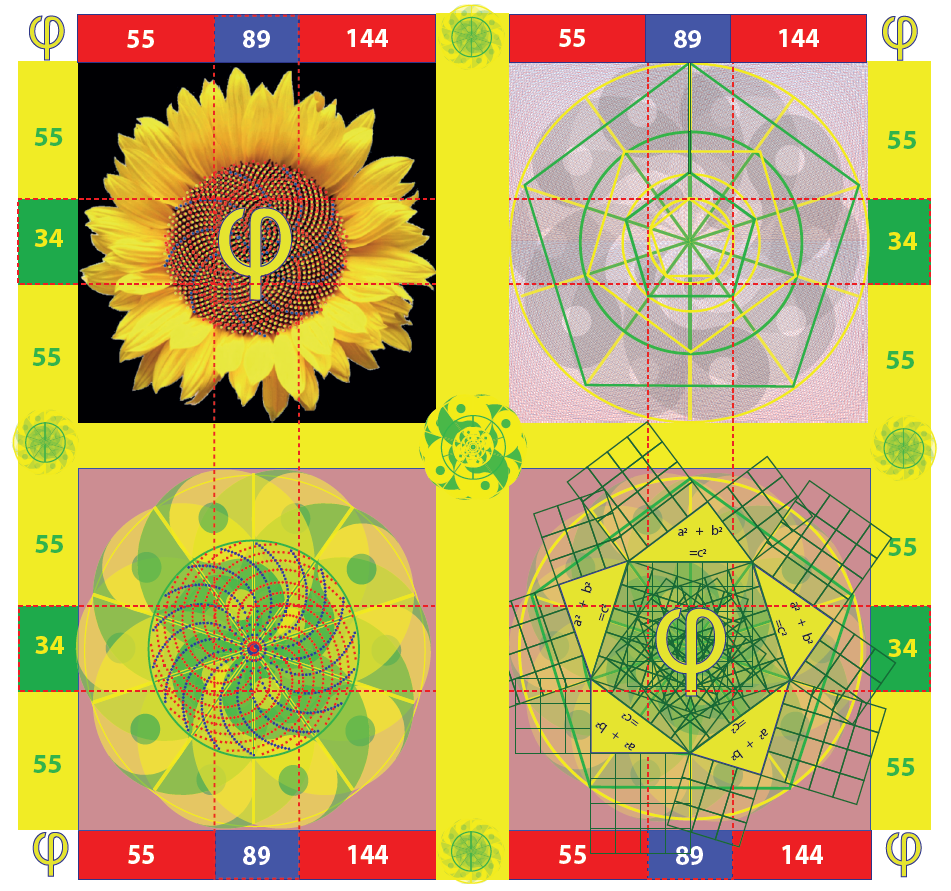
The joy of music*************************************
What this says is that God does play dice. H/She designed them
If the dice is 6-sided, the number above and the number below always add-up to 7
6+1; 5+2; 4+3; 3+4; 2+5: 6+1
If the dice is 12-sided, the number above and the number below always add-up to 13
12+1; 11+2; 10+3; 9+4 ; 8+5; 7+6; 6+7; 5+8; 4+9; 3+10; 2+11; 1+12
When derived from Well-Tempering the Pythagorean Comma, the number shown exactly
at the Phi-Point between the 12th and the 13th step is 12.618 . . .
This is the derivation of Phi & Nature's smallest simplest & most beautiful secret
Fundamental to everything, 'Phi' is the mother of all irrational numbers. It is derived
from the pure simplicity of the hemiola, where order precedes chaos and not vice versa.Hiding in plain sight, this is Nature's smallest, simplest & most beautiful secret.
Upon seeing this, various remarkable features appear, such as . . .
Phi:Pi Equivalence
Pi:Phi-rich Double Helix DNA
Pi:Phi:Alpha "How God pushed his pencil?"
More detail here
Sometimes called 'the feminine principle', Phi-derivation leads to 'The Well Tempered Clavichord'
In music, Well-Tempered-Tuning (WTT) results in 'equal temperament' where all 12 semitones
within the octave being equal, playing in all keys is possible, because all are 'equally in-tune'.
The classic statement of this WTT-Principle is the Well-Tempered-Clavichord of J S Bach.
Approaching 2022, the 300-year anniversary of this, Bach now has almost God-like status.
WTT reveals the Principle that underlies all Process in Nature at all scales.
Underlying all phyllotaxis, the derivation of Phi, Nature's smallest and most beautiful secret
is the pure simplicity that underlies all complexity.
Choose Life
************************************************
10 short notes on source, causation and consequence . . .
Phi derivation is from Stringularity and the properties of the well-tempered principle
The Pythagorean Comma (PC) reveals the Well-Tempered Principle & Phi.
This calculation in Hertz (Hz) reveals fundamental integration at: -
- Phi:Pi equivalence in time-space
- Phi:Alpha in Fine Structure Constant (FSC) equivalence
- Symmetry-breaking to Symmetry-bonding in PC-Phi derivation
- Phi:Pi:in structual shaping of double-helix DNA.
Aside from the deep origins of where this journey really begins,
in 1990 came the Well Tempered Climate Accord (C&C),
a science-policy/strategy model that works (it commutes).
Click Here to enlarge or zoomable1. Note - Integrating this is pure Pythagoras & Lao Tse
This is pure Tao Te King - 84 (verses) = 7 (Perfect Octaves) * 12 (Fifths)
which generates the identical curve to the differences between 12 Perfect
& 12 Well-Tempered 5ths, fed back on themselves leading from Phi back to zero,
in the 12 steps of the Pythagorean Comma deceleration curve, derived from a
source-code that is 'symphonic' - the rate:ratios of Stringularity.
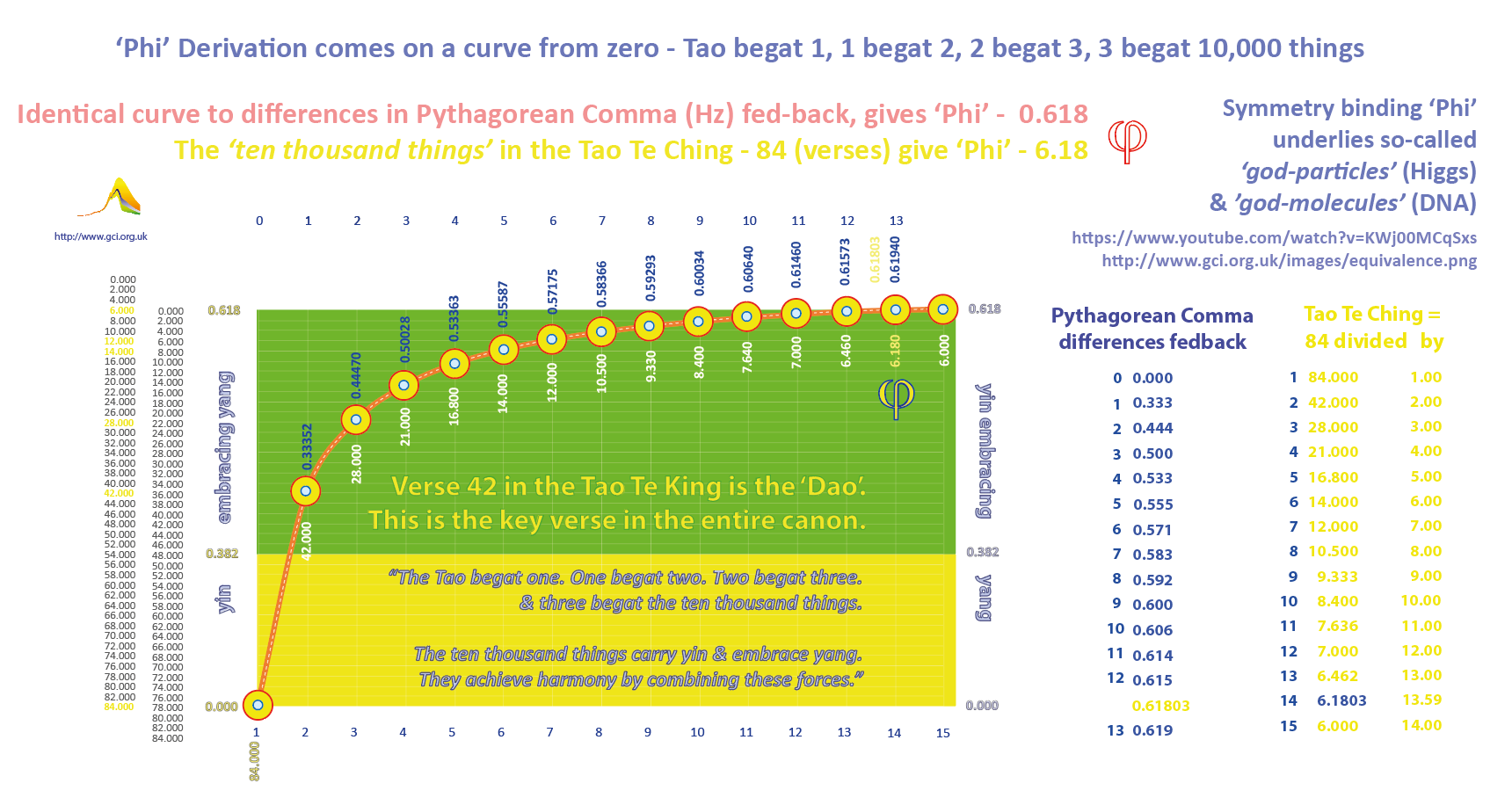
Click Here to enlarge2. Note - Greek letter 'Alpha' denotes Fine-Structure-Constant (FSC)
Greek letter 'Alpha' is the symbol used for the Fine Structure Constant (FSC).
FSC is the value of the photon-electron exchange.
PC-Phi:Alpha equivalence is significant as this exchange is fundamental to life.
Simple, beautiful and compelling, it occurs in: -
- photosynthesis (atmosphere CO2 + ground H2O + light or photons coming in from the sun)
- & the generation of photo-electricity (as in photo-electric cells for example).
3. Pi Phi Alpha & the Pythagorean Comma
(click image to get slides unpacking angles & reciprocals against steps of the Pythagorean Comma)
In 'QED: The Strange Theory of Light and Matter' Richard Feynman said . . .
"There is a most profound & beautiful question associated with the coupling constant (or alpha)
the amplitude for a real electron to emit or absorb a real photon.
It is a simple number that has been experimentally determined to be close to 0.0854255. My physicist
friends won’t recognize this number, because they like to remember it as the inverse of its square:
about 137.03597 with an uncertainty of about 2 in the last decimal place.
It has been a mystery ever since it was discovered more than 50 years ago, & all good theoretical physicists
put this number up on their wall & worry about it. Immediately you would like to know where that number
comes from: is it related to Pi or perhaps to the base of natural logarithms? Nobody knows.
It’s one of the greatest damn mysteries in physics. A magic number that comes to us with no understanding
of man. You might say the ‘Hand of God’ wrote that number and ‘we don’t know how He pushed his pencil.’
We know what kind of a dance to do experimentally to measure the number very accurately, but we don’t know
what kind of a dance to do on the computer to make this number come out, without putting it in secretly.”
(reference)
The most precise instance of Phi measurement is at step 12.618 of the Pythagorean Comma Feedback - click image or here
4. Note - Past Future Perceptions - blue-shift:red-shift as observed from the Phi-Point
Click Here to enlarge
As a feature of the Symmetry Binding Properties from Stringularity,
the observation-point for red-shifting/blue-shifting shown above is revealing.
In this representation of the space-time model, the future travels towards the
observer while the past travels away with the observer always at the Phi-point.5. Note - Green at the Phi point in ROYGBIV
It is corroborated by Fluminescence with 'Phi at Green'.
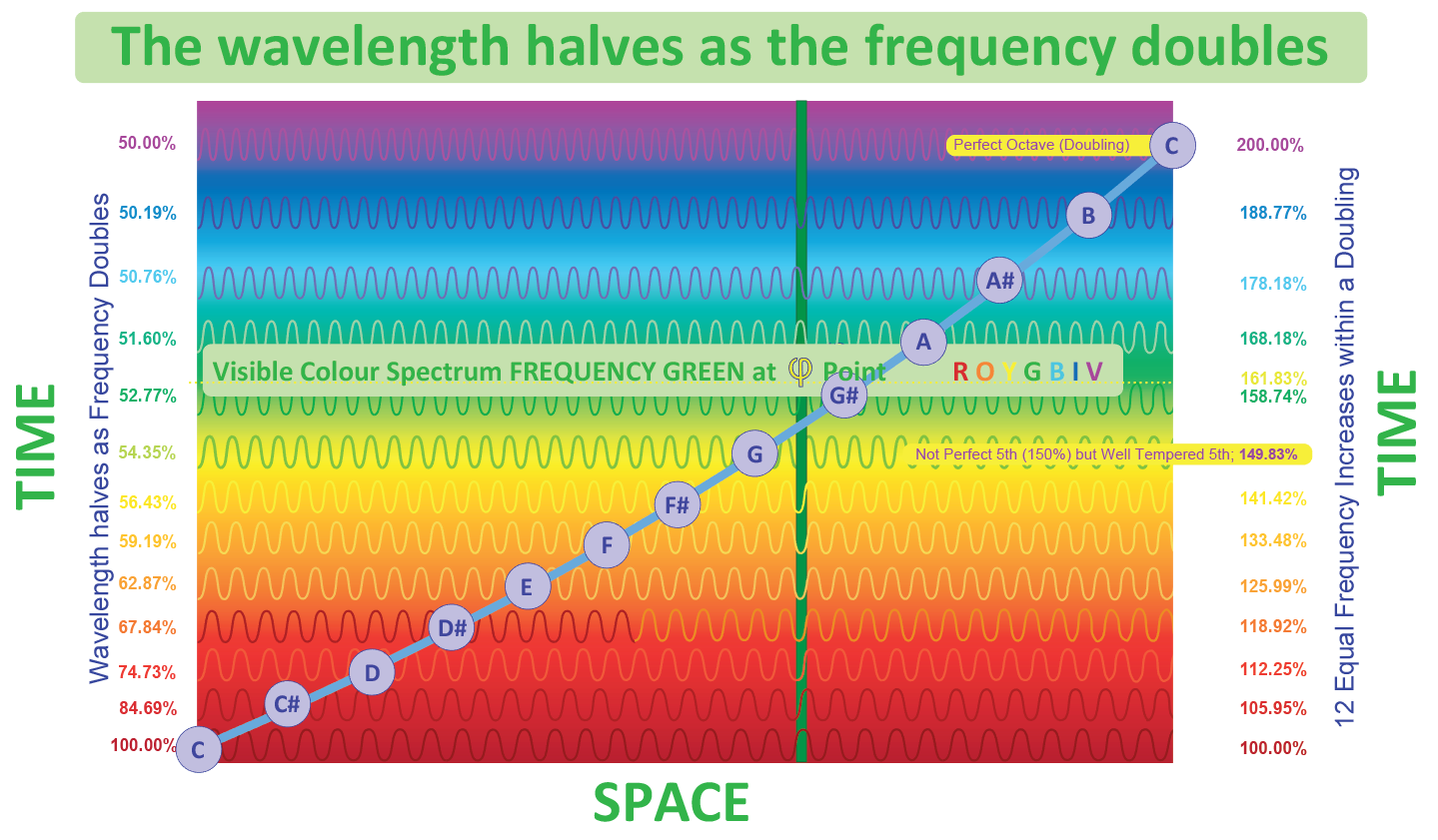
Click Here to enlargeEcology - like the Well-Tempered Climate Accord -
is not short-term or long-term, it is full-term.
So the 'musical derivation of Phi' looping between 0 to 0.618 is an immortal constant
where in the full-term the observed & the observer are one. (Tat Twam Asi).
Phi_Eternal_Rate_from_Big_Bang
6. Note - Colin Challen and 'An Incontestable Truth' . . .
Colin Chaired the All Party Parliamentary Climate change Group
(APPCCG) 2005-2010. As a member of the Select Environmental
Audit Committee, he became persuaded of the C&C argument.
In 2009 the APPCCG issued a DVD about C&C. As a provocation but
with considerable confidence, it was called, "An Incontestable Truth,
the irreducible response to climate change."
This was an understandable reaction to years of distraction
generated in Parliament & beyond through Government: -
- making blatantly ideological claims about C&C and then
- whilst claiming to seek UNFCCC-Compliance, continuing
- arbitrarily to pick numbers out of arrays of conflicting hats.
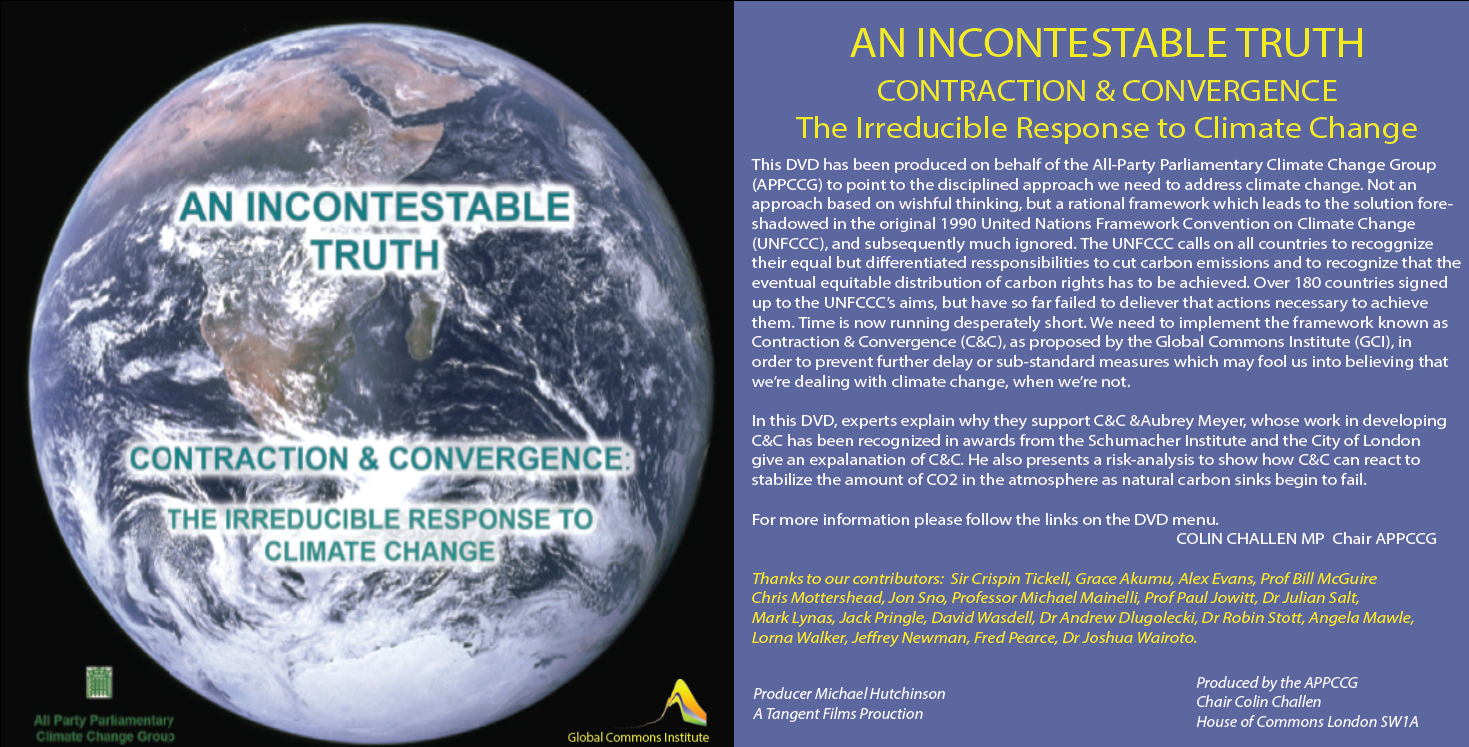
Click Here for sample
C&C is also known as The Well Tempered Climate Accord (WTCA).
WTCA uses the equalization of semi-tones discussed on this page
as the equalization of carbon-rights per capita globally.
As in music, this is done as the result is the model works at all rates of C&C;
here is a sample of a million possible rates.7. Note - This goes to the very heart of who & what & why we are.
In the light of realizations arising from applying the well-tempered process (WTP)
as a measurement methodology referenced on this page, analysing the
derivation of fundamentals this way has simplicity but also has authority.
If it cannot be proven to be wrong and in the event of the failure to do that,
this simple idea should be considered & understood for the significance it bears.
This goes beyond the orginal purposes for which WTP was brought to bear, music
& Climate change (WTCA). It goes to the heart of who & what & how & why we are.8. Note - The original Well Tempered Climate Accord
The original Well Tempered Climate Accord (WTCA) was introduced at COP-2 to UNFCCC
climate negotiations in 1996. Whatever the rates of contraction and convergence applied,
it remains stable because of the application of Well Tempering to the model.
As in music, here the fundamental real-world point, the model doesn't guess, it actually 'works'.
9. Note - Art:Science cross-over?
For fun this was submitted to the RAA Summer Exhibition as a response to their theme,
'Art & Climate Change'. It was rejected for reasons unstated.
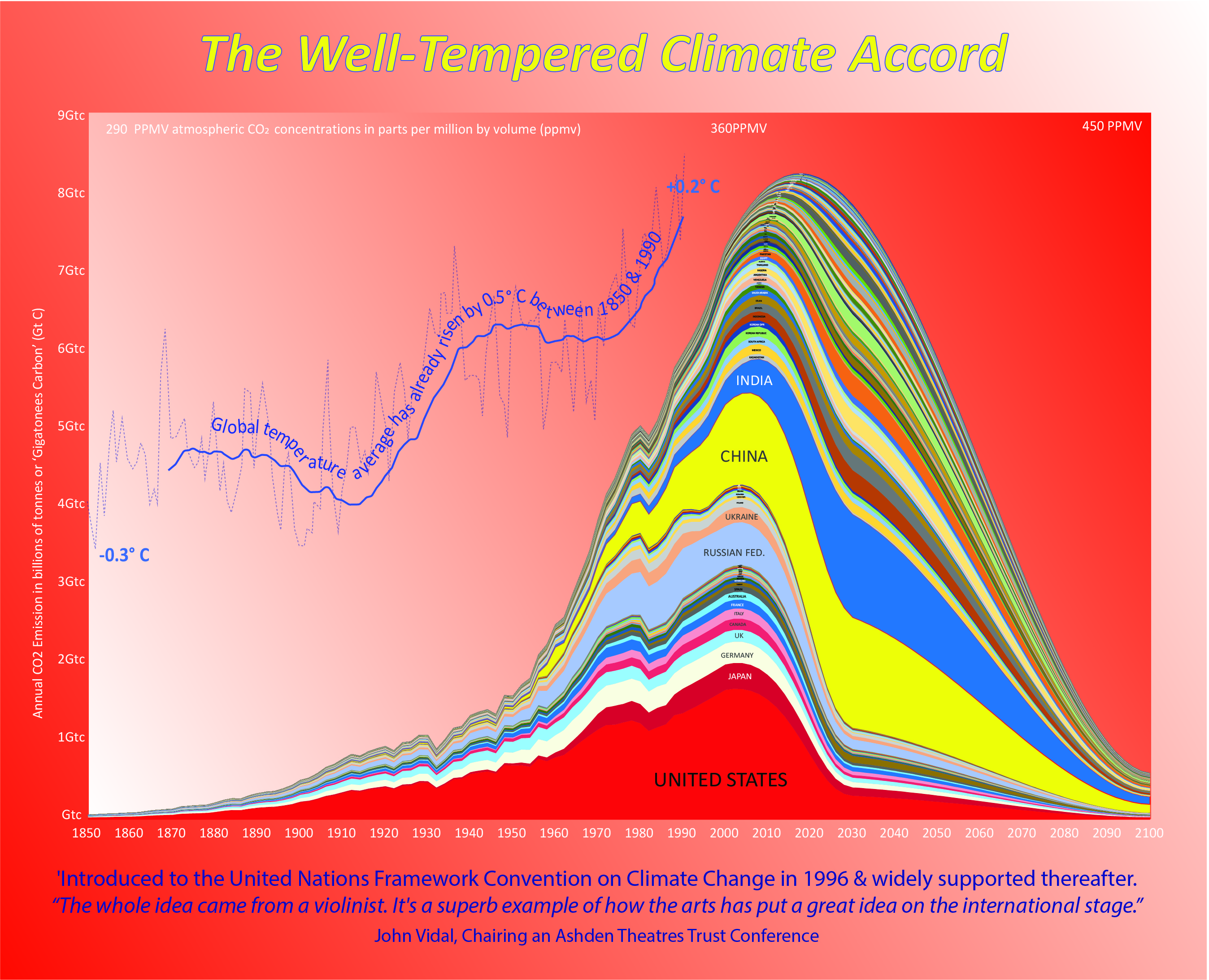
Click Here to enlarge
However, it was introduced to the United Nations Framework Convention on Climate Change
in 1996 & widely supported thereafter.
“The whole idea came from a violinist. It's a superb example of how the arts have put
a great idea on the international stage.”John Vidal, Chairing an Ashden Theatres Trust Conference.

Click Here to enlarge

